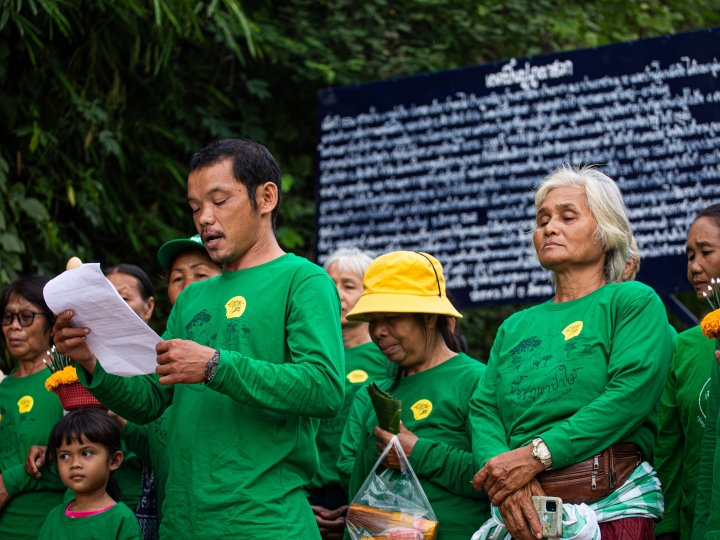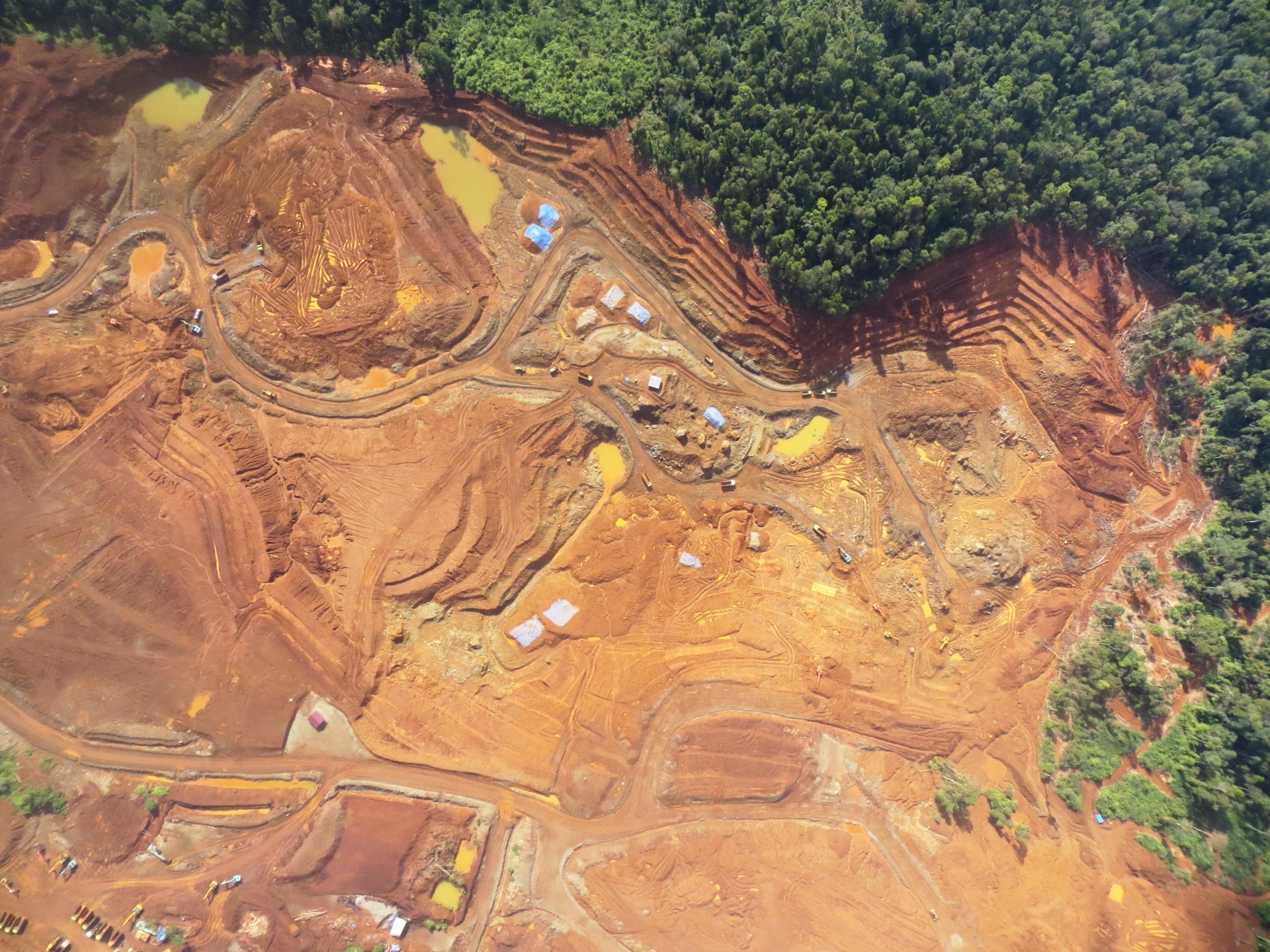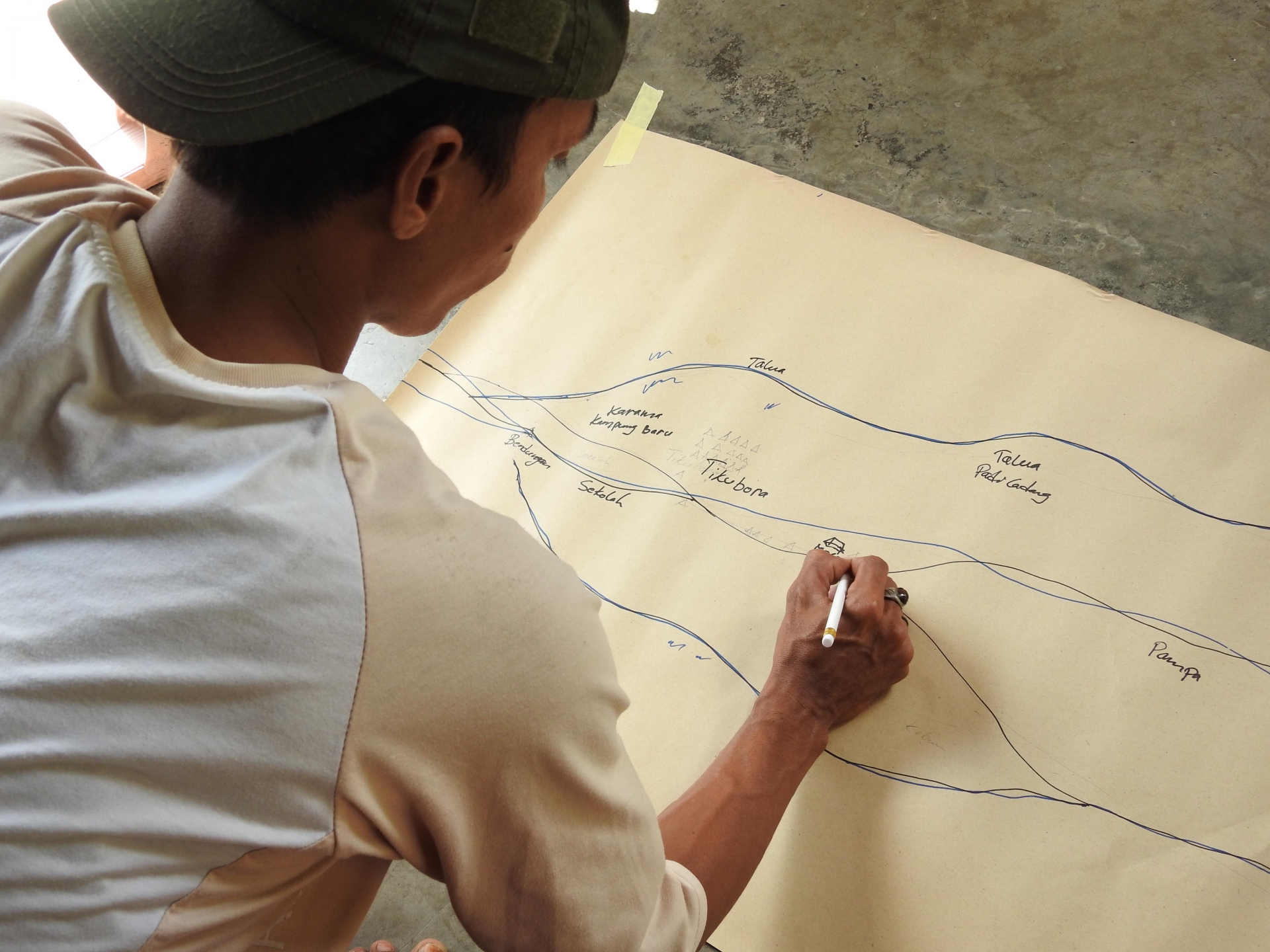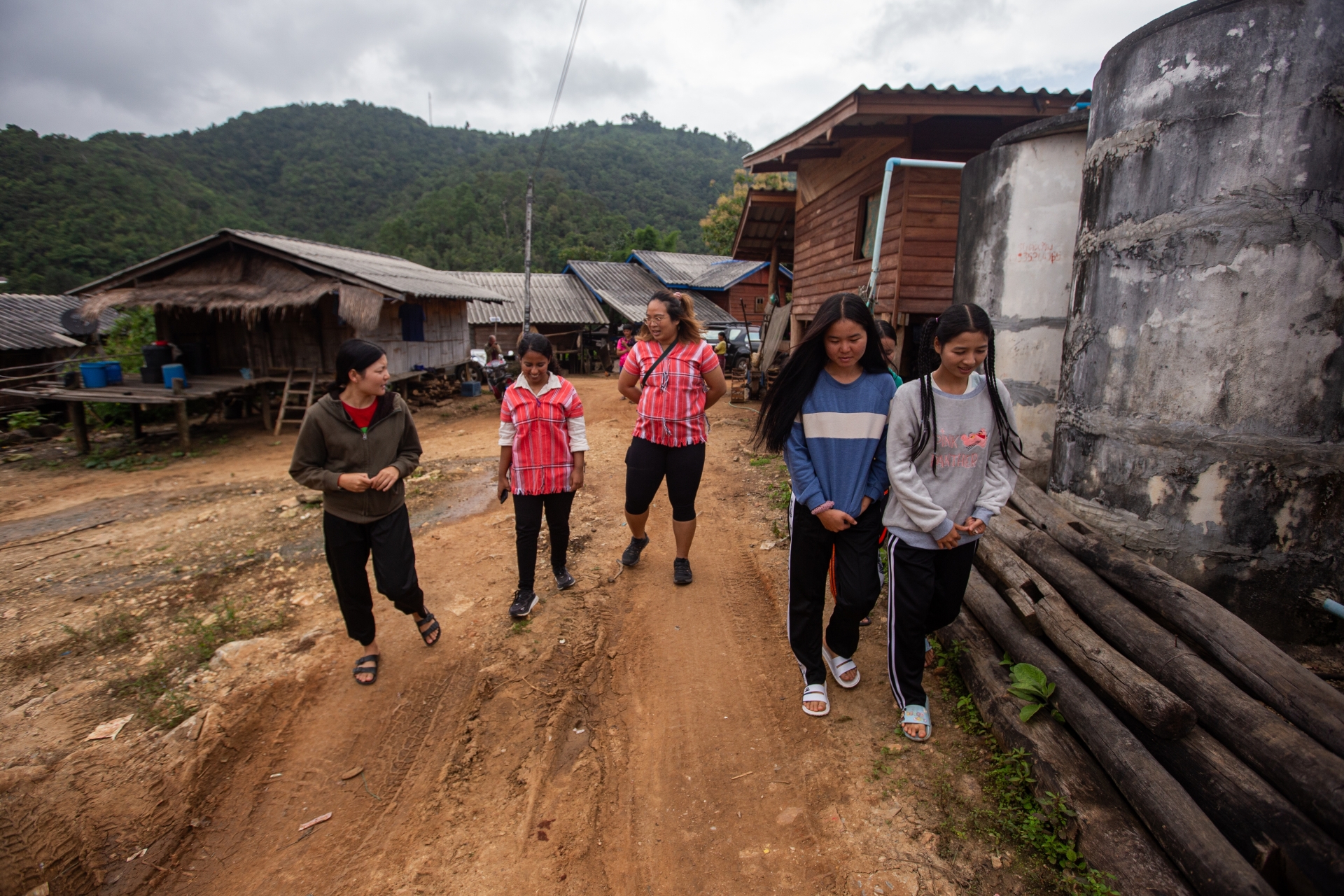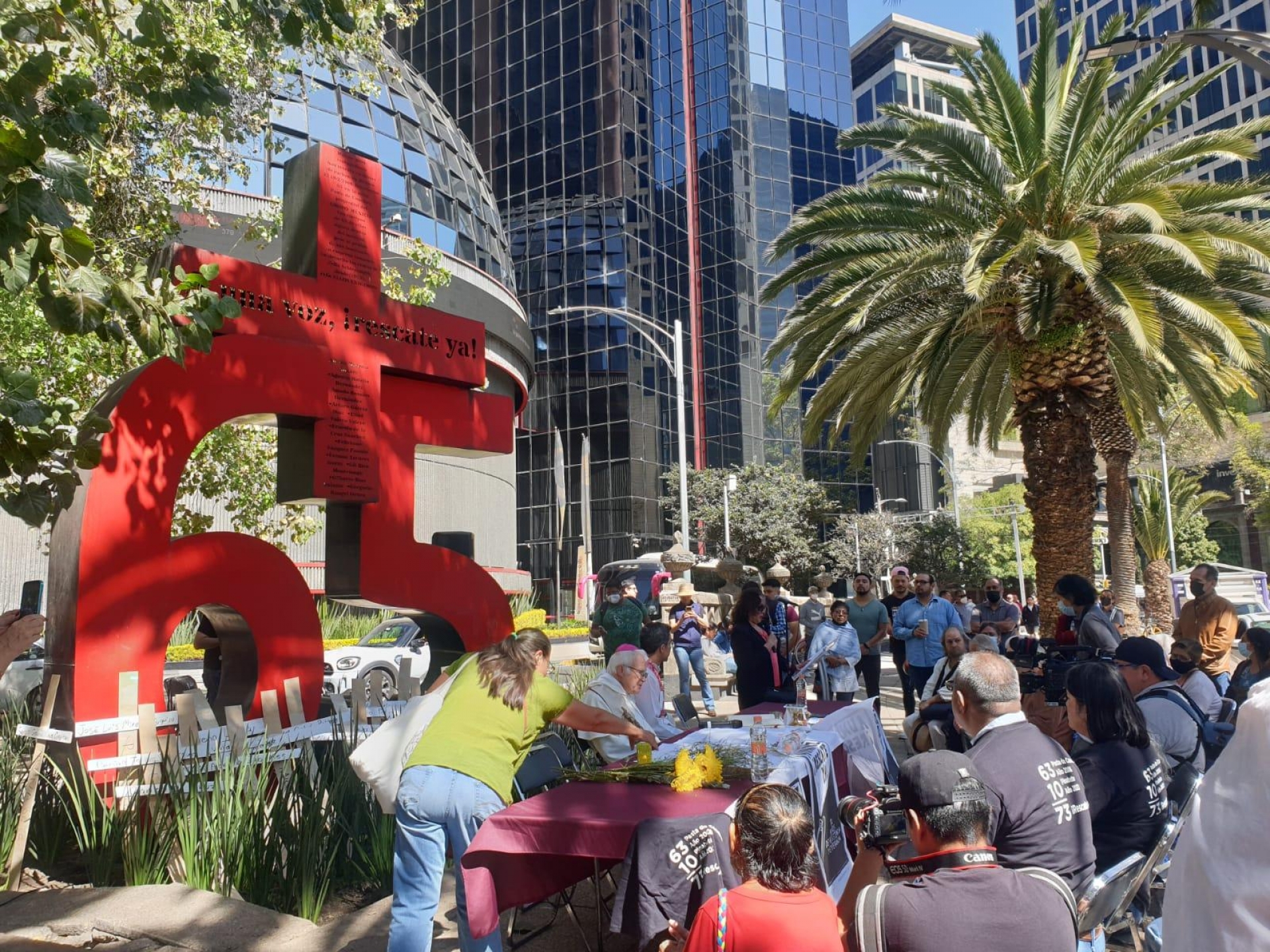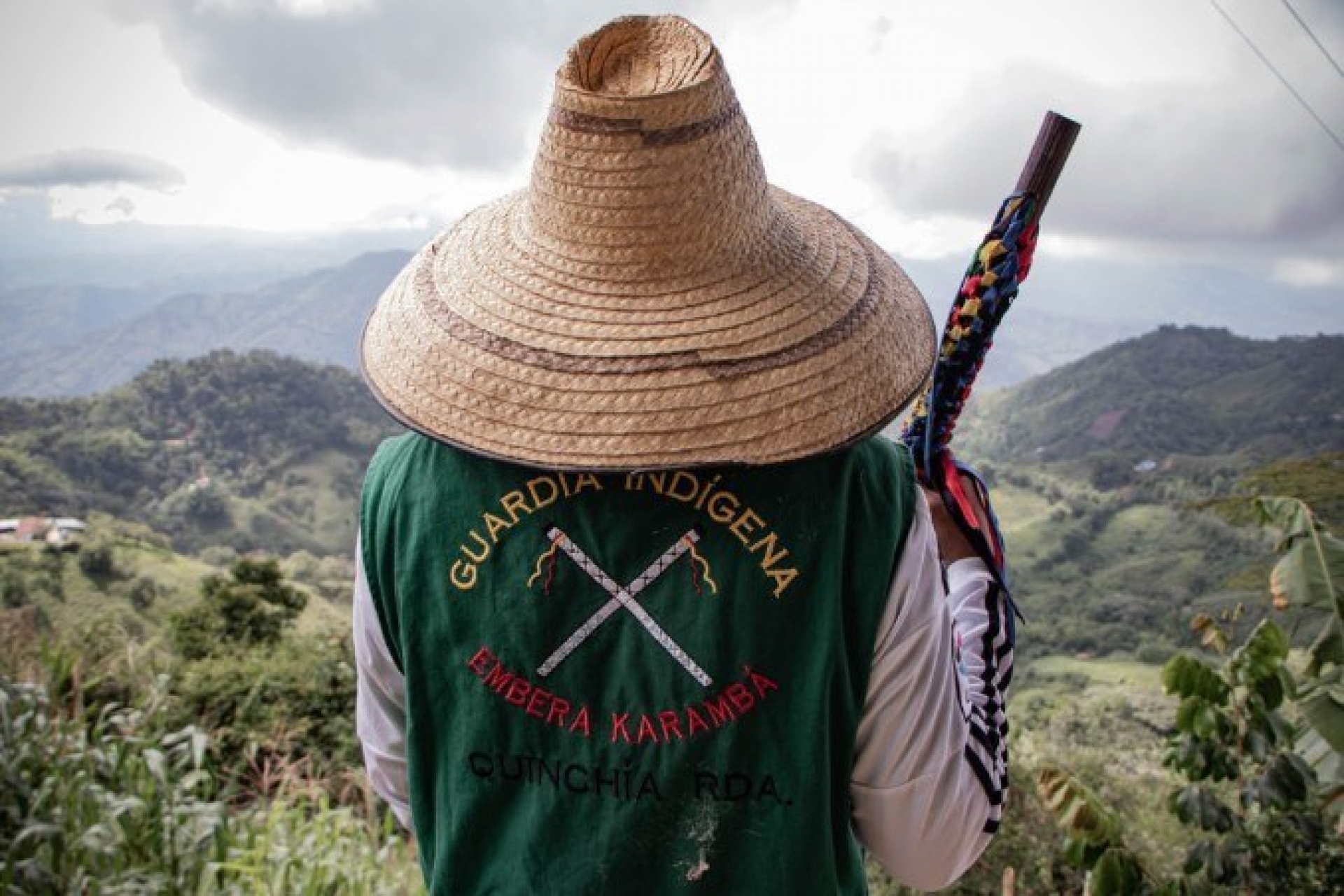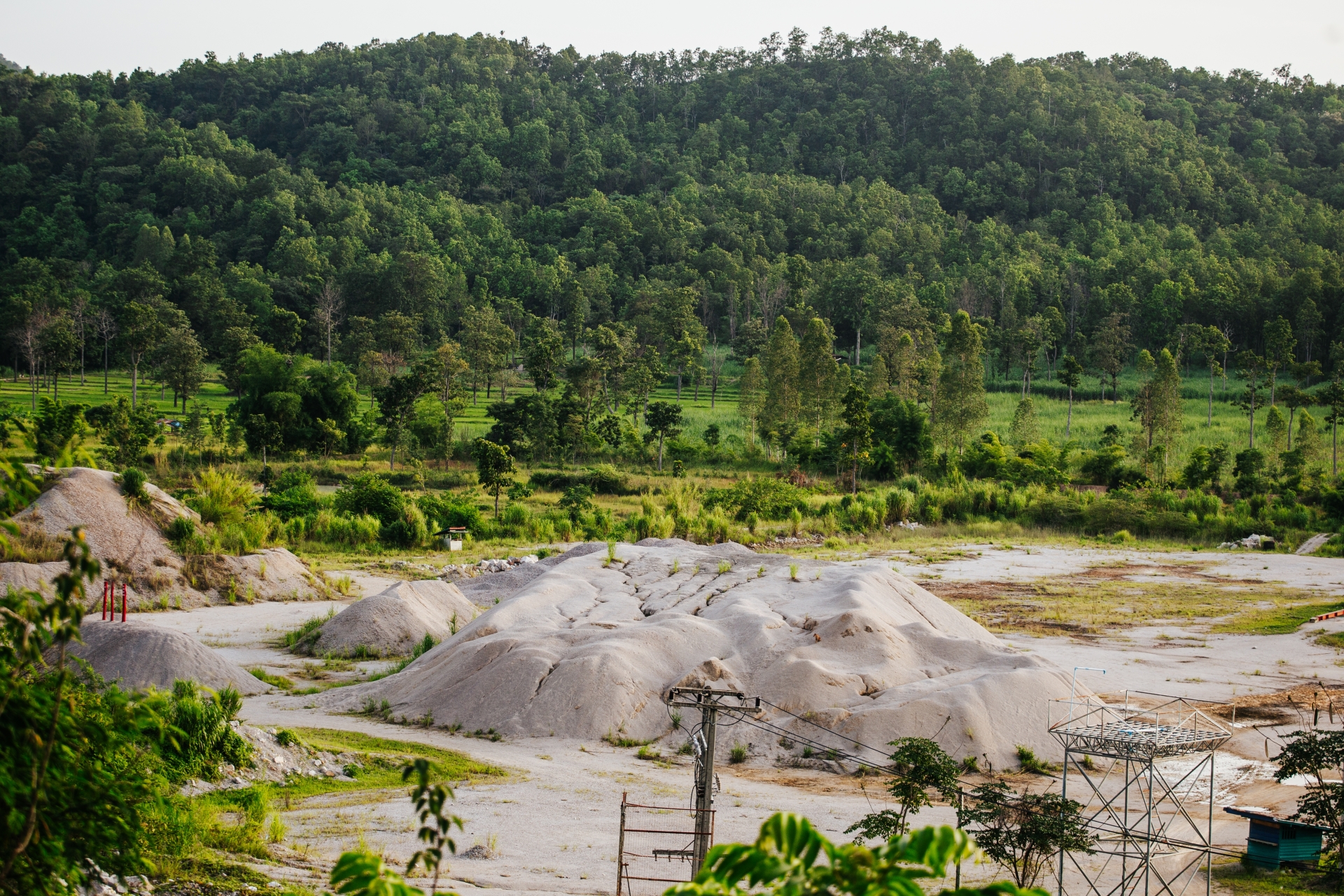“Human rights abuses associated with the exploration and exploitation of non-renewable resources include among others, violation of the right to life, forced displacement and destruction of the environment on which indigenous peoples depend.” Burger, 2014. Indigenous Peoples Extractive Industries and Human rights, European Parliament.
Defenders and activists around the world are standing up to businesses that violate human rights, the right to land, and the environment, and often face reprisals for doing so. In their report from 2023, the Business and Human Rights Resource Center highlights that the mining sector was connected with the highest number of attacks against human rights defenders in comparison with other industries (165 out of 630 attacks in 2023). Latin America and Asia are the regions most affected by attacks against human rights defenders (41% of the attacks occurred in Latin America and 30% in Asia). The organisation Frontline Defenders also concludes its global analysis of 2023/2024 with concerning numbers on the situation of human rights defenders:

